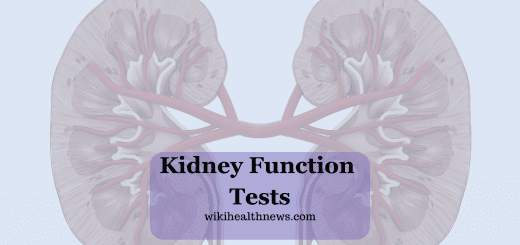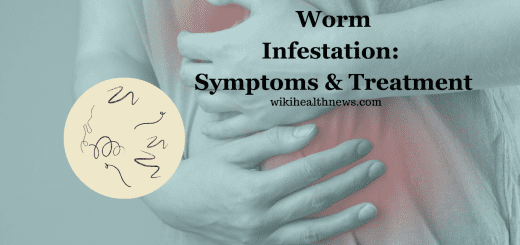Thyroid can affect fertility

Thyroid within normal range also may affect woman’s ability to conceive.
The thyroid gland is a butterfly shaped gland that partially surrounds the wind pipe and is under control of the hypothalamus and the pituitary gland in the brain. When thyroid function is not sufficient to meet, the body’s needs it is called hypothyroidism.
Thyroid-stimulating hormone (TSH) is produced by the pituitary gland at the base of the brain and tells the thyroid gland to produce more hormones when needed. Elevated TSH levels can be a sign that the thyroid gland is underactive.
Hypothyroid in female:
50 to 70% of hypothyroid female patients have menstrual abnormalities. The most common manifestation is oligomenorrhea (scanty bleeding during cycle). Severe hypothyroidism is commonly associated with failure of ovulation. Ovulation and conception can occur in mild hypothyroidism. These pregnancies are, however, often associated with abortions, stillbirths, or prematurity. The latter may be of greater clinical importance in infertile women with unexplained infertility.
Women who have unexplained infertility were nearly twice as likely to have higher levels of a hormone that stimulates the thyroid gland than women who did not conceive due to known issues with their male partner’s sperm count.
Even mild thyroid dysfunction may contribute to unexplained infertility:
Unexplained infertility occurs when couples are unable to get pregnant despite months of trying and a medical evaluation shows no reason for their infertility.
Women with unexplained infertility had significantly higher TSH levels than women with infertility due to a known cause. Nearly twice as many women with unexplained infertility had a TSH greater than 2.5 mlU/L compared to women whose partners had male factor infertility. Although this is within normal range it may contribute towards infertility.
Hypothyroid can be due to autoimmunity:
Hypothyroidism influences ovarian function by decreasing levels of sex-hormone-binding globulin and increasing the secretion of prolactin. Prevalence of thyroid autoimmunity is significantly higher among infertile women than among fertile women, especially among those whose infertility is caused by endometriosis or ovarian dysfunction.
Presence of thyroid autoimmunity does not interfere with normal embryo implantation, but the risk of early miscarriage is substantially raised. Thyroid maternal under function, even when considered mild (or subclinical), may be associated with an impairment of brain development of the baby.
Correction of hypothyroidism:
In women of reproductive age, hypothyroidism can be reversed by thyroxine therapy to improve fertility and avoid the need for use of assisted reproduction technologies.
Hypothyroid patients who conceive after gonadotropin stimulation or with oral medications for ovulation induction do not need additional thyroid supplementation compared with those who conceive spontaneously.
During pregnancy, women’s thyroid physiology undergoes well-defined changes, including an approximate doubling in thyroxine-binding globulin concentrations due to increases in estradiol concentrations, as well as a 30 to 40 percent increase in plasma volume. These changes result in a significant increase in the total thyroxine pool, primarily during the first trimester. Women with hypothyroid may have to take little higher dose of thyroid medicine during pregnancy.











